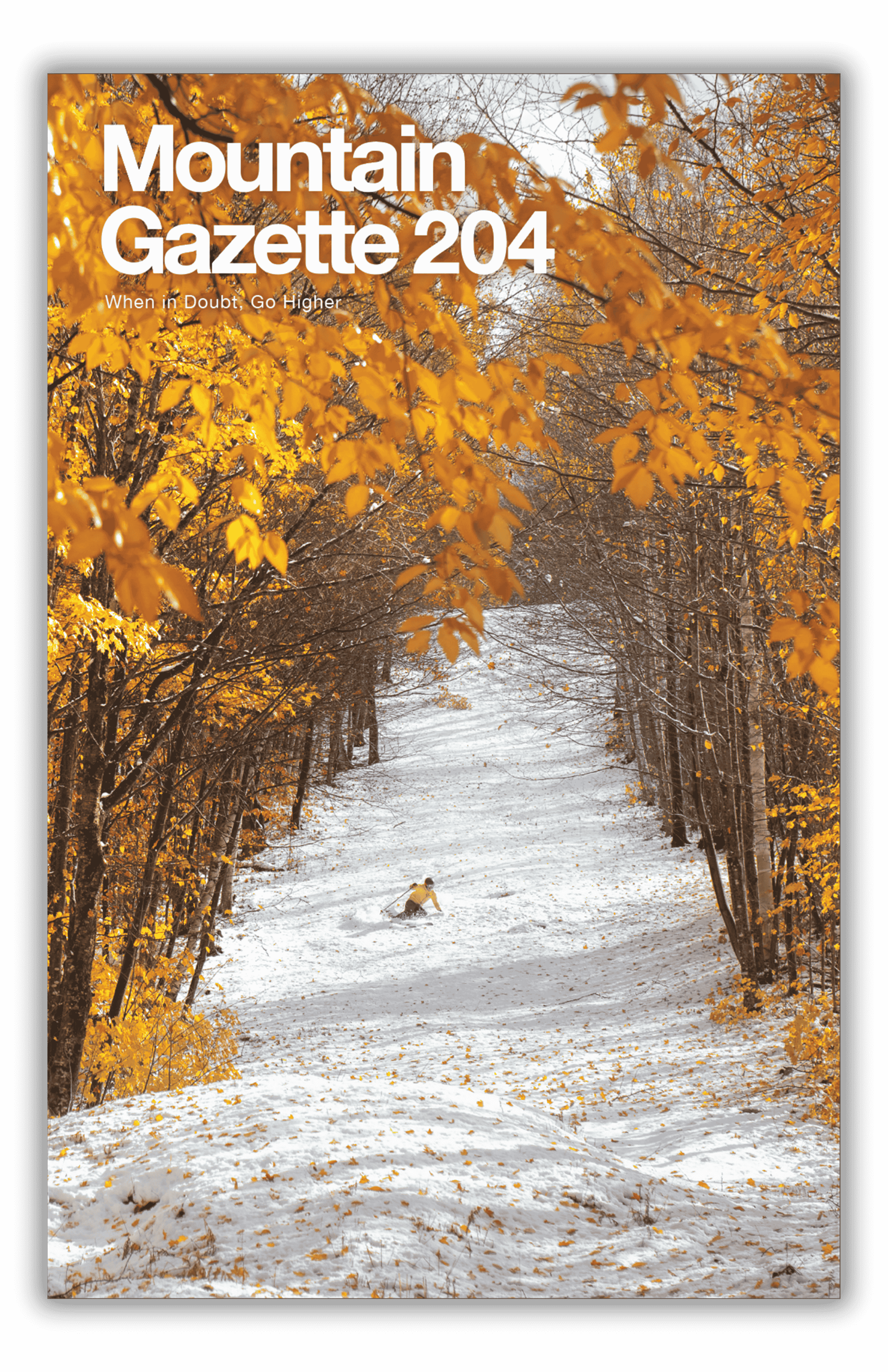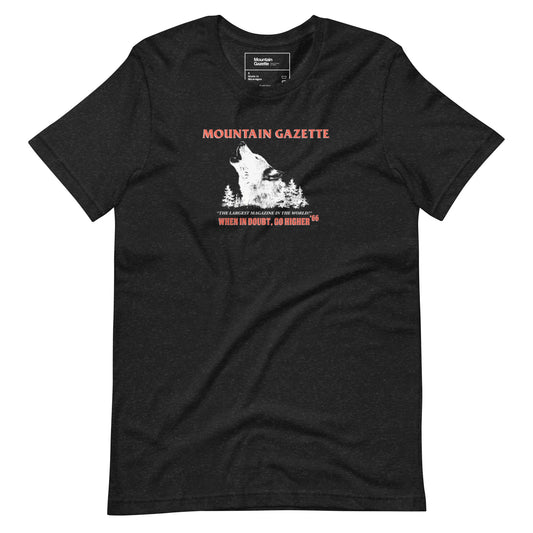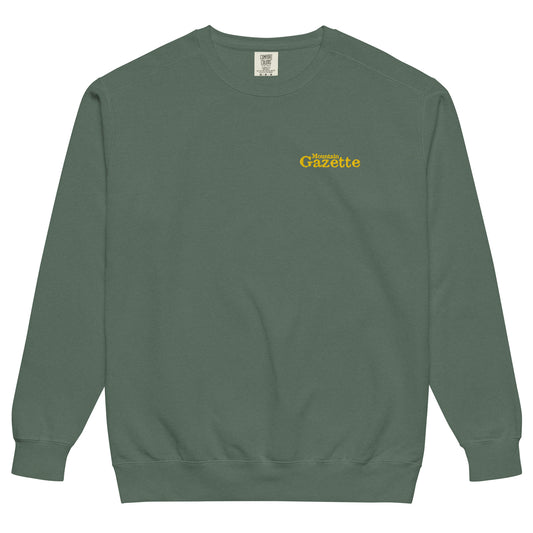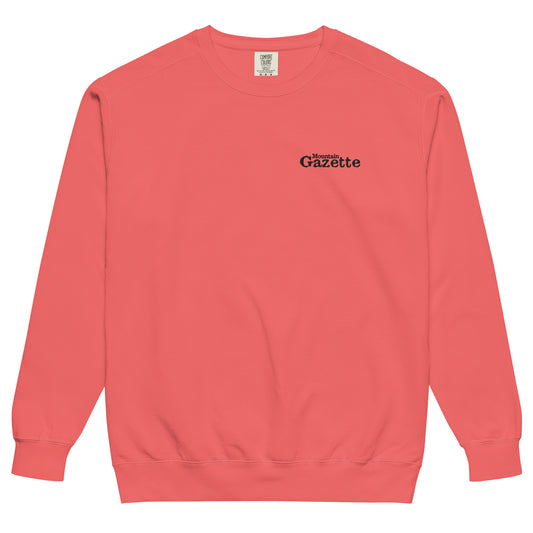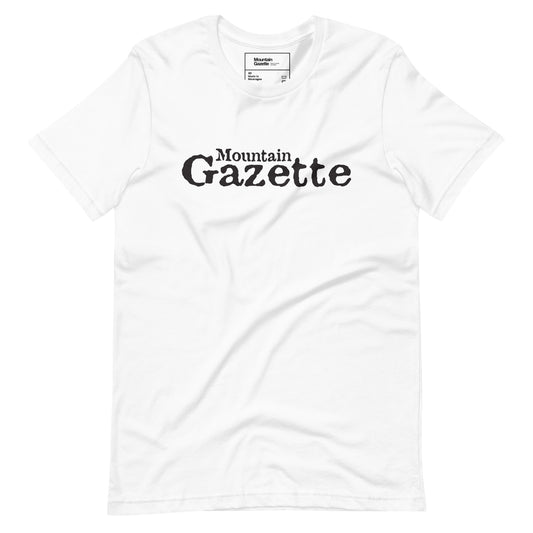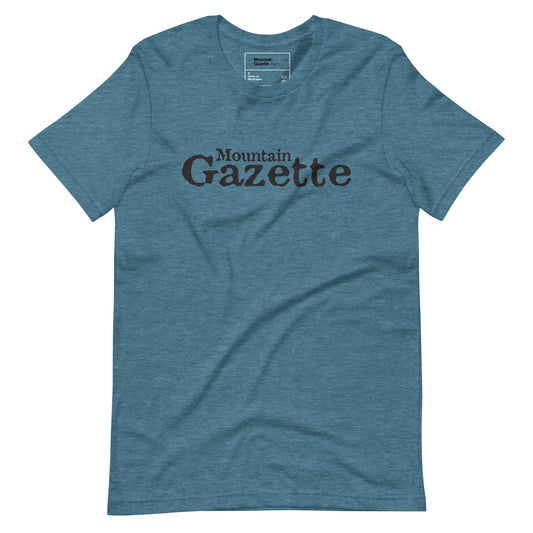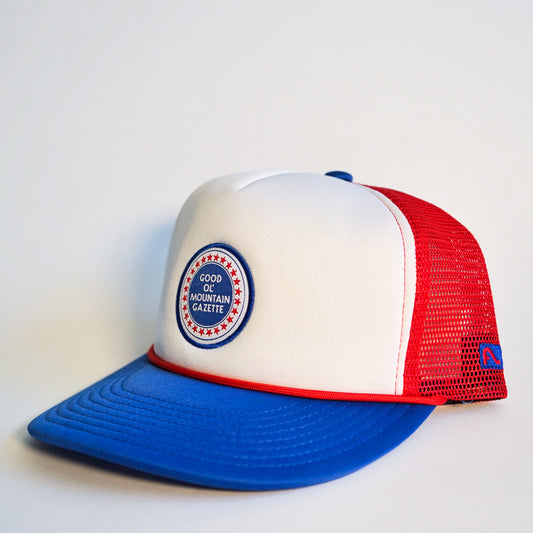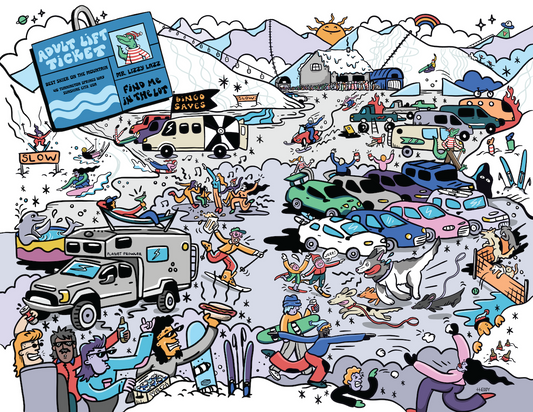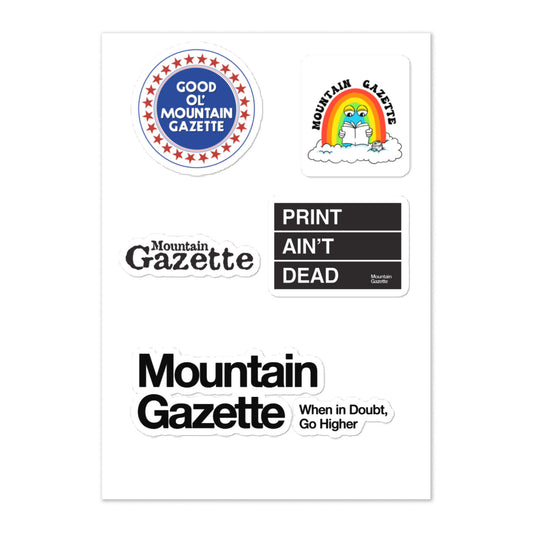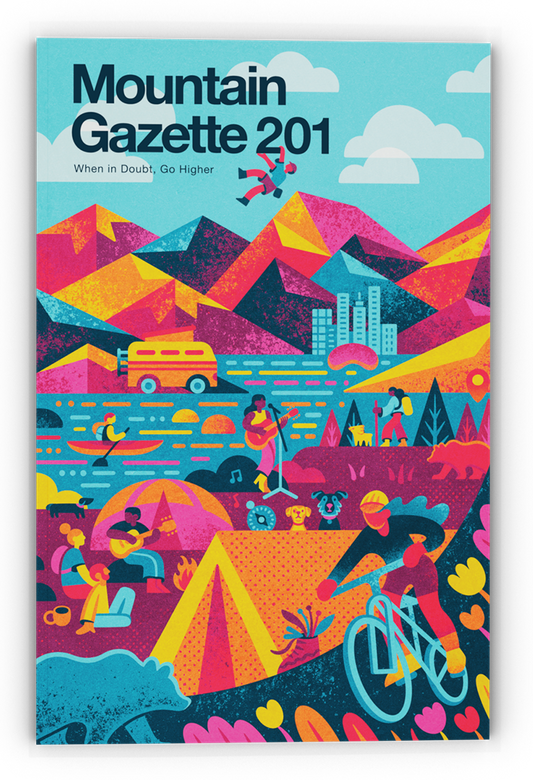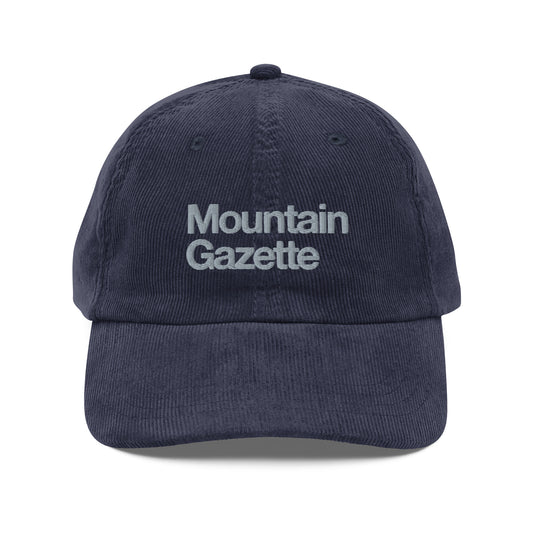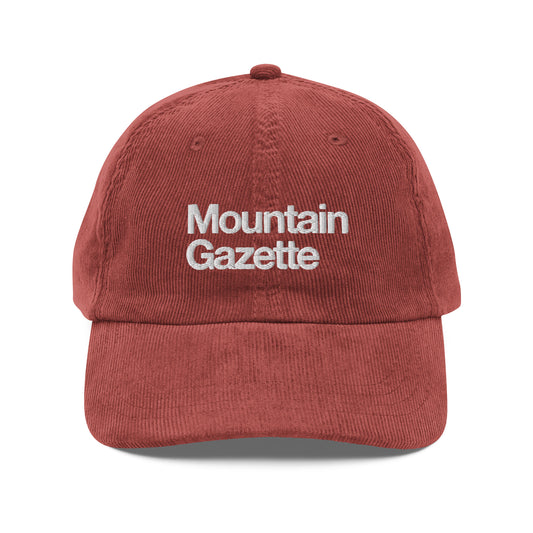
By Hannah Truby
A flood of rainbow in the streets and extra pitches on the crags signaled the return of Arc'teryx’s second Queer Ascent in Truckee this past week.
The climbing clinic is about more than just sending routes–it aims to amplify and celebrate queer identity in the often exclusive world of outdoor sports.
Spearheaded by Arc’teryx athlete Jordan Cannon, Queer Ascent offers LGBTQ+ climbers of all levels a diverse lineup of clinics led by some of the most esteemed athletes and guides in the game.
“I tried to think of the kind of event I’d want to go to if I weren’t a pro climber,” Cannon tells me. “I very much wanted it to be all-inclusive. I’ve spent my summers in Tahoe around Truckee and Donner Summit, and I knew there was no better place.”

Photo courtesy of Grey Jenson
In the days leading up to the event’s debut last summer, Cannon was equal parts hopeful and uncertain about how a small mountain town like Truckee would respond to a queer-focused climbing event, saying, “it felt like a bit of a risk.” But as it turned out, Truckee Pride was launching its own inaugural Pride Week that very same week.
"That felt like a good green light," Cannon recalls. "So we kind of built on that experience and partnered up again this year to help make each other's week-long-event and celebration even bigger. And I'm so impressed by how Truckee has embraced this and supported it. Especially right now, it's very encouraging.”
Much like Cannon himself, the vision for Queer Ascent is a product of two worlds: one of elitism and professionalism, shaped by his time at Arc’teryx Academies; the other rooted in identity-affirming celebration, inspired by his involvement in the queer community.
When Cannon joined the Arc’teryx team five years ago, his goal was to blend those worlds into something new—a welcoming space for the queer climbing community.
“Having visibility in the outdoor space is so big,” says Cannon. “For queer folks, being able to see themselves in the sport makes a big difference—in their confidence, their attitude. And it can shift non-queer people’s preconceived notions about what it means to be gay in the outdoors.”



Photos courtesy of Nina Riggio
In addition to the daytime climbing clinics, Queer Ascent offers a stacked evening lineup of presentations, film screenings, live music, and—in true Arc’teryx fashion—some seriously fun dance parties.
The centerpiece of Night 2 was a high-energy DJ set and dance floor headlined by Pattie Gonia, the environmentalist and drag icon who shares Cannon’s mission of making the outdoors more welcoming to the queer community. Their presence brought an electric energy to the event, blending activism, artistry, and celebration in a way that perfectly embodies Queer Ascent’s spirit.
"She’s someone I’ve learned a lot from when it comes to queer leadership,” Cannon says. “Our partnership is awesome because we’re able to reach a much bigger, diverse group together, and hopefully introduce people to climbing who haven’t had the opportunity before. Plus—I can’t imagine hosting the event without them. They bring an energy I just can’t match. The place was electric.”


Photos courtesy of Grey Jenson
Queer Ascent comes at a particularly charged moment—one that invites reflection on where the outdoor industry stands when it comes to inclusion—and its continuation this year felt especially meaningful.
“I think these kinds of events are more important now than ever,” says Cannon. “As a gay person, there’s nothing more discouraging than seeing progress taken away. We’ve seen a lot of companies and corporate sponsors abandon their Pride groups and celebrations to align with the government’s DEI pullbacks. If Arc’teryx had pulled out this year, I think that would’ve been a huge blow to our morale. So to see them follow through—to still get behind it—sends a strong message.”

While DEI efforts are being scaled back across industries, Arc’teryx’s continued stance on amplifying underrepresented voices in the industry (such as with their Truth & Reconciliation campaign and continued partnership with members of First Nations, Indigenous, Métis, Inuit, and Tribal communities) rings especially loud.
Cannon hopes Queer Ascent will continue to evolve—and that events like it can light a path forward, showing others in the outdoor industry what true inclusivity looks like, independent of shifting social and political climates.
He says, “I think there’s a lot of room to grow for this sort of thing. I don’t want this to be the one and only. I’d like it to be one of many.”
On his relationship to the sport today, Cannon says, “It’s become less selfish. It’s not just about what I can get from climbing, but what I can give to it.”
That same spirit runs through Queer Ascent: an invitation, a celebration, and a vision for how the outdoor industry can get not only bigger, but better, too. As the community around it expands, the message remains clear: there’s space for everyone at the wall.


